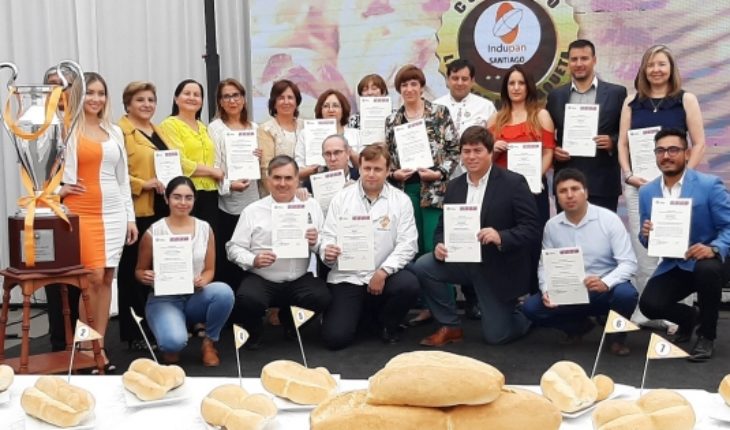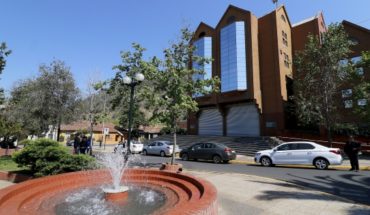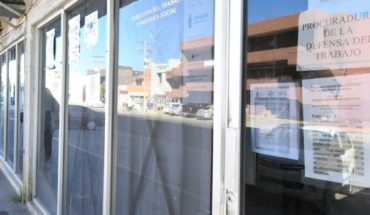With a private investment of $63 million and annual savings in more than $132 million in energy, water and waste management, 18 companies in the bakery industry of the Metropolitan Region achieved certification (n) of the Sustainability and Climate Change Agency, after the completion of the Clean Production Agreement (APL) articulated by Indupan.
This certification is a recognition of the work developed by bakers, which allowed them to meet 100% of the aPL’s goals in 2015 and improve their production and environmental standards.
Among the results of the implementation is the reformulation of sodium content in bulk bread, achieving a reduction of 26% on average, which far exceeds the compromised target of 10%.
The president of Indupan, José Carreño, emphasized that it is key for the industry to advance in these areas, given the new trends that exist in the market, the environmental problems of the planet and the social role that companies must assume.
“We are proud of the work these bakeries and pastry chefs have done, as they become an example for the sector of how to improve standards, without neglecting the need to be profitable. We hope that many more companies will be able to join these efforts,” he said.
For his part, Giovanni Calderón, Executive Director of the Agency for Sustainability and Climate Change, appreciated the commitment of companies to consolidate the production of bread with the hand of sustainability and food security.
“In an industry as heterogeneous as bakery, the outcome of this APL has been very positive because it allowed to standardize processes, incorporate good practices, improve protocols and reduce resource consumption, all under a collaborative work system that created new opportunities for this sector,” Calderón said.
The achievements of the 18 bakeries also meant significant progress such as the decrease in water consumption (7%) and electricity (14%), lower atmospheric emissions from oil use (31%). In addition, 12% less solid waste was stopped to be sent to landfills and the recovery of glass, metals and cardboard, 99% of the paper and 67% of the plastics generated by the activity was increased by 100%.
With the support of the Ministries of Environment, Health, Energy and the Chilean Agency for Food Quality and Safety, this process of modernization of traditional bakery was developed which also considered the incorporation of good food safety, worker training and safe working procedures.
Currently, Chile is the largest consumer of bread in Latin America and the third largest in the world after Germany and Turkey. Breadmaking is the sixth largest manufacturing activity in the country and ranks first in the ranking of processed foods, with sales of around US$1 billion, with a level of employment of 25 thousand workers.
These are RM’s most sustainable bakeries
Vollkorn Foods (The Queen)
El Pueblo Products (Santiago)
Las Lomas (Cerrillos)
Pan Top (La Cisterna)
DyD Establishments (Cerrillos)
Dinar (The Cistern)
Oberena (The Farm)
Next Food (Huechuraba)
The Forest (St. Bernard)
Costa Verde (Pedro Aguirre Cerda)
Pérez Hermanos Baker (Buin)
Maruxa (San Miguel)
Ralún 3 (Maipu)
Santa Gema (San Joaquin)
Strinberg Bakery (Florida)
Bakery San José (San Ramón)
San Camilo (Santiago)
Peñaflor (Peñaflor)
translated from Spanish: Traditional Chilean bakery is played for sustainability
January 9, 2020 |





